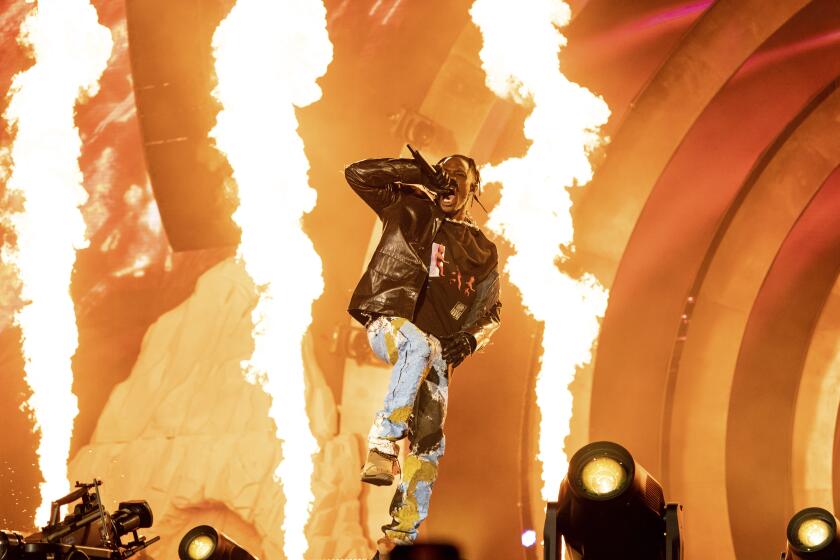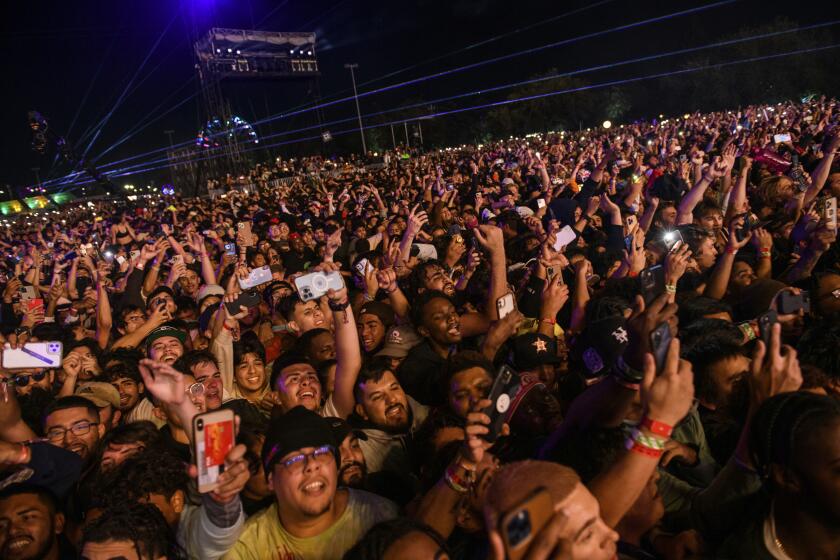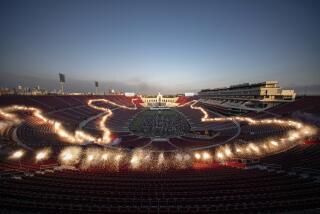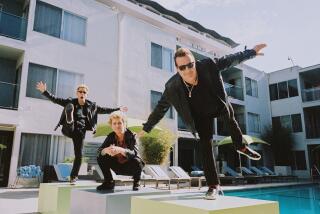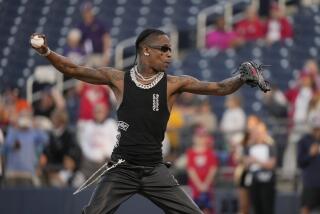Houston police say no need for outside probe of Astroworld deaths
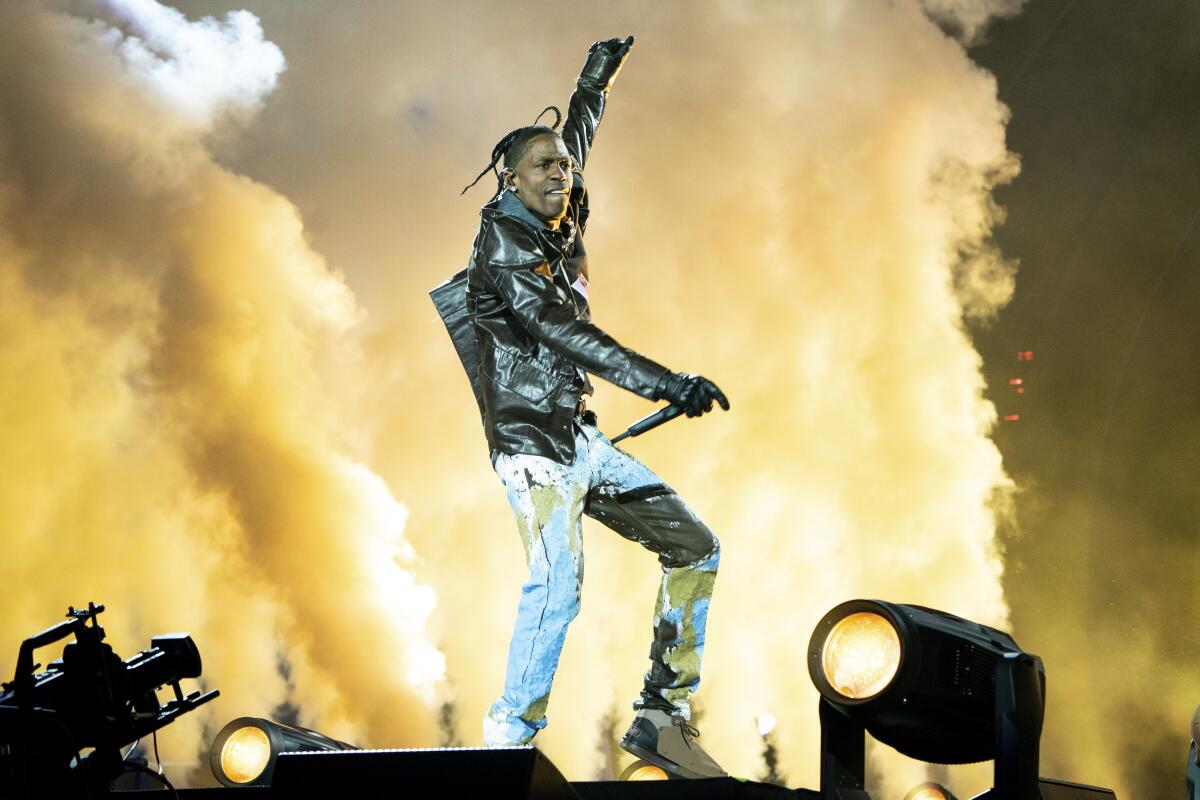
HOUSTON — Houston Police Chief Troy Finner refused Wednesday to turn over to an outside agency a criminal investigation into Travis Scott’s deadly Astroworld festival, even as he and other local officials faced criticism over their ties to the hometown rapper.
During a briefing at police headquarters in downtown Houston, Finner said he’s scheduled to meet Friday with local FBI officials about the investigation, but “to be clear, HPD homicide is investigating this case. We’re taking the lead on it” and “those who need to be held accountable will be held accountable.”
“We’re nowhere right now,” Finner added. “I’m not against the independent investigation when it’s warranted. It’s not warranted right now.”
Critics have been calling for an independent investigation into the Friday festival after eight people died — ages 14 to 27 — and scores were injured in the melee. Two remained hospitalized in critical condition. More than a dozen lawsuits have been filed by victims who alleged wrongdoing.
“How does a police department investigate itself?” said Houston lawyer Tony Buzbee, who’s representing the family of a 21-year-old man who was among those killed.
Music festival goers recount the chaos of that day, when eight people died, two dozen were hospitalized and scores more were injured.
Houston Mayor Sylvester Turner — who had presented Scott with the key to the city in 2019 — said over the weekend that he knows Scott’s sister, mother and grandmother but that he wasn’t close with Scott. (Turner did not respond to interview requests Wednesday.) Finner visited Scott and his security chief in Scott’s trailer before the concert to discuss public safety concerns.
Finner said at the briefing that he didn’t know Scott well and that he had only met the rapper twice, including before the concert. “That’s not close,” he said.
Finner said he met with Scott before concert because “I’m the kind of chief who likes to talk to people.”
“I had no reason to believe that it wasn’t going to be safe,” he said.
Houston police had 530 officers at Astroworld, increased from 170 when the festival began three years ago, Finner said. Asked whether it was appropriate for Houston police to investigate colleagues who were providing off-duty security at Astroworld, Finner said, “Why is it not? We investigate ourselves all the time. I’m proud of what we do here in Houston. ... It’s for my agency to conduct the investigation.”
The on-site investigator at the deadly 1979 Who concert said that festival seating and crowd density may have contributed to the Astroworld tragedy.
Houston police launched criminal homicide and narcotics investigations over the weekend. Finner said detectives had been working “around the clock,” checking forensic evidence, interviewing concertgoers and reviewing hours of video shot from the air and the ground. Autopsies were still pending Wednesday. Finner said an initial report that a security guard had been pricked in the neck with a needle was untrue. Concert organizers and contractors have said they’re cooperating with the investigation, and police had received records from Astroworld security, Finner said, but “I’m not comfortable with what they’re giving us,” adding, “it’s just not good records.”
Republican Gov. Greg Abbott announced Wednesday he created a Texas Task Force on Concert Safety, including a yet-to-be determined list of “safety experts, law enforcement, fire fighters, state agencies, music industry leaders” to hold roundtable discussions and produce a report. The group would “analyze concert safety and develop ways to enhance security at live music events in Texas ... to ensure that the tragedy that occurred at the Astroworld Festival never happens again.”
In addition to the task force and criminal probe, Lina Hidalgo, chief executive of Houston’s Harris County, said she was considering whether to hire an outside group to investigate Astroworld, “something that is independent and objective and can help us improve.”
One of her main questions: “Was this tragedy a result of circumstances beyond the control of those involved?”
The companies that provided security and medical care at Astroworld submitted extensive plans to police in advance of the concert, and said they were cooperating with the investigation.
“We are confident that the facts will demonstrate that the care we provided followed the appropriate protocols and operating procedures that were in place,” said Juda Engelmayer, a spokesman for ParaDocs Worldwide Inc., which provided medical services at Astroworld, adding that staff were prepared for the large crowd with ample medical supplies and complied with local officials, relaying emergency calls to 911.
But Houston Fire Chief Samuel Peña said concert medical staff were “quickly overwhelmed.”
“When it started getting to where patients were critical, unconscious, cardiac arrest calls, I’m just glad we were prepositioned,” Peña said, noting he had stationed 10 to 15 firefighters at the concert, including incident and shift commanders.
“We went ahead and took that additional step. We just wanted to have units in the area to ensure we were there quickly,” he said.
But it’s not clear why first responders didn’t stop the concert sooner, said Buzbee, a Republican who forced Turner into a mayoral runoff in 2019 but ultimately lost. He said he’d spoken with more than 100 concertgoers he plans to represent and obtained Houston fire and police department radio traffic to assemble a timeline that shows Houston officials knew Astroworld security had been compromised within minutes of the doors opening Friday. They declared a “mass casualty event” until 9:38 p.m., and Scott — scheduled to perform until 11 p.m. — continued performing until shortly after 10 p.m.
At 9:15 a.m. Friday, Houston police could be heard on their radio preparing to open Astroworld, Buzbee said. By 9:23 a.m., police radioed that people had breached the concert’s main gate, bypassing a COVID-19 checkpoint, he said.
“At 10:02, they noted there was damage to the fences and there was no control over the venue. By 10:05, the crowd had breached the merchandise line,” he said, “moving as a mob.”
Houston firefighters radioed that they had no control of participants, Buzbee said, and by 11 a.m., officials said on the radio that more than a hundred people had jumped the fence. Concertgoers reported seeing groups of people roaming the grounds without the wristbands that signified they had bought tickets.
“They’re basically pushing over fences and barriers without checking their tickets, without checking anything,” Buzbee said. “They should have stopped it. And the question’s going to be, to the powers that be: Why didn’t you?”
Finner declined to discuss timelines, saying it was too early in the investigation. But he said police were aware in advance that people would try to scale fences to gain entry, that it became a problem as soon as merchandise tents opened and were overrun, but that police brought the situation “under control.” He said he didn’t stop the event because “I don’t think that’s fair to those individuals who paid a whole lot of money to come in.”
“The ultimate authority to end the show is through production and the entertainer,” he said.
Scott’s attorney, Edwin F. McPherson, released a statement following the briefing that questioned why Finner and other city officials were saying Scott was responsible for stopping the show.
“There has been multiple finger-pointing, much of which has been by city officials, who have sent inconsistent messages and have backtracked from original statements,” the statement said, noting that in 2019, Houston police “shut down the power and sound at this very festival when the performance ran over 5 minutes.”
“Investigations should start proceeding over finger-pointing so that together, we can identify exactly what transpired and how we can prevent anything like this from happening again,” the statement said.
Buzbee insisted records show that hours before Scott took the stage, the crowd was “just as bad, if not worse,” with some concertgoers medically transported “well before Travis Scott went on stage.”
“The chief knew it too. That’s the reason he spoke to Travis Scott — because it was a very tenuous situation. They had asked for riot gear that morning. They had used the term ‘mob’ several times. Why did they let the show go on?” Buzbee said.
Buzbee said he had no plans to sue the city or county in connection with Astroworld “for now.”
He said his two teenage sons attended the first Astroworld in 2018, but they chose not to return after feeling unsafe in the crowd. He said Scott, who was tapped to call “play ball” at the Astros’ last home game of the World Series, “pretty much does what he wants here. I’m sure there was a lot of pressure not to shut down despite what was happening.”
“Scott has a very good reputation in this town as a young guy done well, has a national reputation, bought a $23-million home in L.A. But I think people are going to take a second look at him once this comes out,” Buzbee said of the timeline leading up to the death of his clients’ son, Axel Acosta, 21, a student at Western Washington University. “It’s going to be a very damning tale.”
Concertgoer Xavier Rosales said he and his girlfriend watched the crowd surge over Acosta before he died.
“We could see him trying to get out. You could see the panic in his face,” said Rosales, a student at the University of Houston.
Rosales, 25, said he saw Acosta fall through the mass of people near the front of the crowd.
“He was trying to get up, he was screaming for help. There was nothing we could do — there was too much pressure, everyone was pressing on each other,” Rosales said. “He was really panicking really hard. It’s a face I’m not going to forget.”
More to Read
Sign up for Essential California
The most important California stories and recommendations in your inbox every morning.
You may occasionally receive promotional content from the Los Angeles Times.

